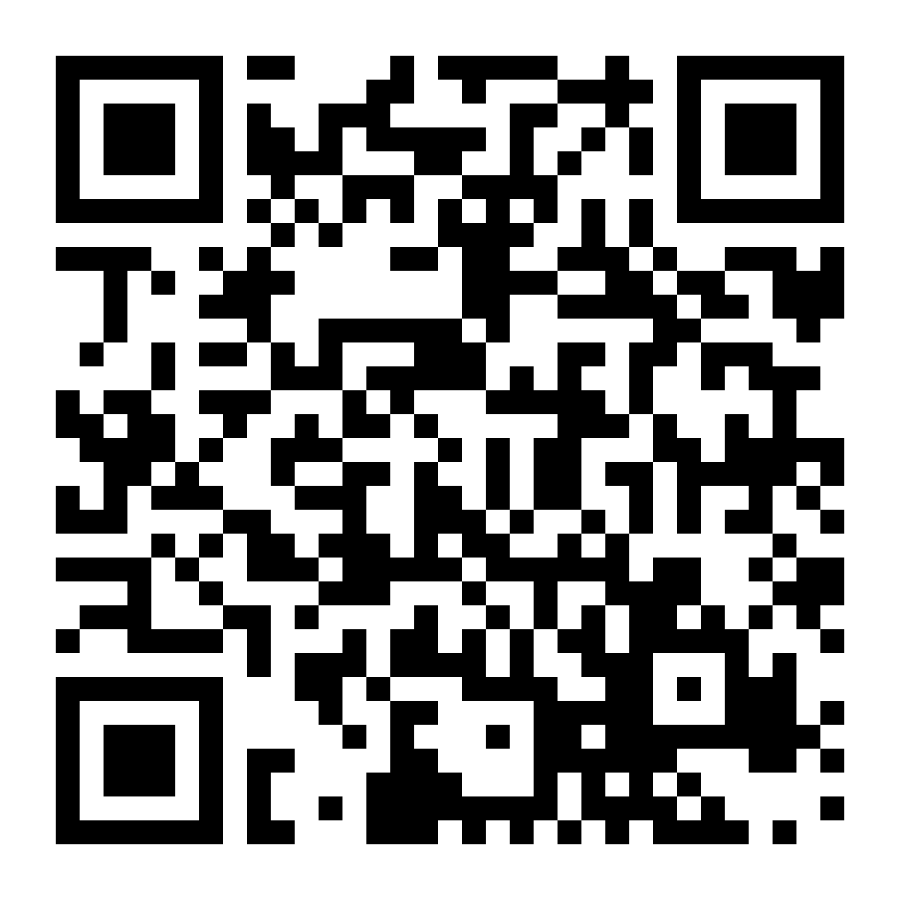Freelancing vs Remote Work: What’s the difference, really?
Have you ever wondered what the difference is between remote work and freelancing? Many people do not realise that there is a difference between these two, and in this blog, we explore these differences comprehensively.

In today’s digital economy, a lot of people use the terms “freelancing” and “remote work” almost interchangeably. But they’re not the same. Understanding the differences can help you decide which path is better given your goals, lifestyle, risk-tolerance and local context.
At a high level:
Freelancing means you are self-employed, you pick your clients (or find them), you often work project-by-project, you set some terms (or negotiate them), and you manage your business affairs.
Remote work means you are employed by a company (or under a contract that looks like employment) but you perform your duties from outside the traditional office location, often from home or another location.
Now, let’s dig into 6 major differences between the two models.
1. Employment status & relationship
Freelancing: You are essentially a business of one. You might be formally registered or unregistered. You may have multiple clients. You have no one employer in the traditional sense. For example, a graphic designer in Lagos working with three international clients through online platforms is freelancing.
Remote work: You are employed (or contracted) by a firm as a staff member (or analogous). You report into a company structure, follow someone’s leadership, abide by company rules. For example, a Nigerian software engineer hired by a UK company as a “remote employee” and receives a salary monthly.
2. Income stability & risk
Freelancing: Income tends to be more variable. Projects might end; clients might disappear; you’ll often need to hustle for the next gig.
Remote work: Income is usually regular (salary or contract payment), predictable, and often come with benefits like health insurance, and work tools allowance.
3. Flexibility & control over schedule
Freelancing: High potential for flexibility. You can pick your clients, set your hours, decide where and when you work (assuming the client allows). Many people freelance to have more control over time.
Remote work: You might have location flexibility, but less control over schedule, tasks, or choice of employer. You often must meet company requirements, team calls, set “office” hours (even if virtual).
Simply put: “A remote worker is someone who has location independence… A freelancer is someone who is self-employed and hired by various clients to complete certain projects.”
4. Benefits, taxes, workplace protections
Freelancing: You are responsible for your own taxes, insurance, retirement savings, and you often don’t have paid leave, sick leave, employer-provided benefits.
Remote work: Often comes with employee-type benefits (depending on employer), paid vacation, leave, structured tax/HR arrangements, etc.
5. Scope of commitment & contract length
Freelancing: Projects tend to be short-term, one‐off or several months. You may juggle multiple clients concurrently. For example: A copywriter contracted for a 3-month product launch for Client A, then moves on. According to Anyplace: “Freelancers… will work on individual projects and may not be required once the project is completed.”
Remote work: Usually a longer‐term arrangement since they are technically full-time roles with the freedom to be done away from a traditional office
6. Career advancement & team integration
Freelancing: You might work solo. You may not have a clear “career path” inside a single organisation; you build your own reputation/portfolio. According to VA Staff: “A freelancer is his own account manager, leader, team leader, client search manager…”
Remote work: You are part of a team, you may get promotions, training, career ladders, mentoring. For example: A remote marketing manager might be promoted to remote regional director of the company, whereas a freelancer doesn’t necessarily have that opportunity.
Which one is better for you — pros & cons summary
Freelancers
| Pros | Cons |
| More flexibility and control. | Income uncertainty and variability |
| Potentially higher hourly/project rates (if you’re good). | You are responsible for managing all business aspects (finding clients, billings, taxes, etc.) |
| Build your own brand and portfolio. | No employer benefits unless you arrange for them yourself |
| Ability to choose clients/projects. | Often feels isolating, especially when working solo. |
| Location freedom (in many cases). | Constant need to market yourself and business to maintain customer pipeline. |
Remote Workers
| Pros | Cons |
| Income stability | Less control over work hours, tasks, schedule, etc. |
| Employer takes care of most business / admin needs | You may need to conform to company culture, meeting structures / schedules, and team demands |
| Team support, mentorship, and clear progressive career growth | Less variety in the nature of work you do (high risk of monotony). |
| Benefits (depending on the company) like paid leave, health insurance, vacation days, etc. | Timezone differences can impact ability to collaborate long term. |
| Simpler logistics and more streamlined focus (you only need to “do your job”). | You’re tied to one employer per time and are at risk in cases of downsizing. |
Final thoughts
Neither freelancing nor remote work is inherently “better” — they just suit different people, different life stages, and different markets. In summary, these factors are important to consider before choosing one:
If you’re just starting out, want security, steady income and mentorship: remote employment may be a great place to begin.
If you’ve developed in-demand skills, value flexibility, are comfortable managing your own hustle, then freelancing can be very rewarding.
You might even do a hybrid: start remote, build your freelancing portfolio on the side, then transition (or keep both).
Always factor in local constraints (internet/power cost, currency risk, tax regulation) when you plan your work model.
